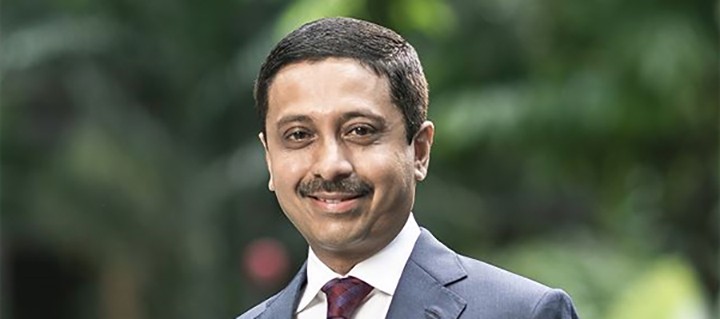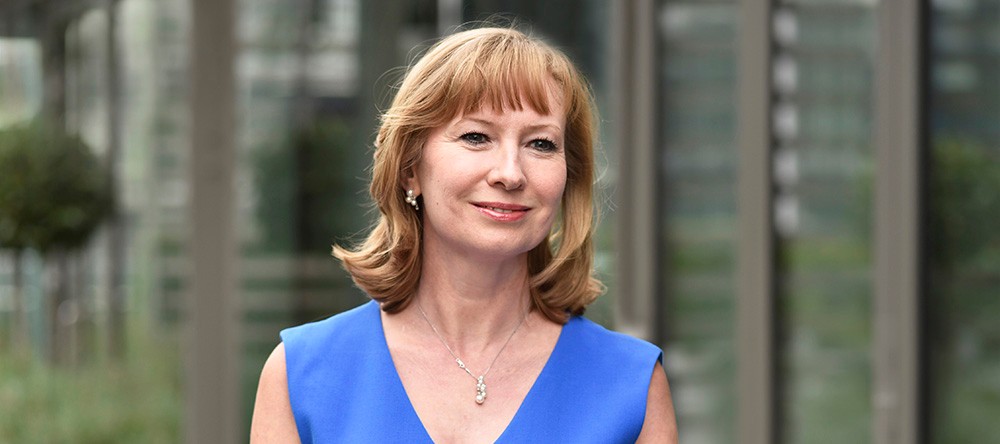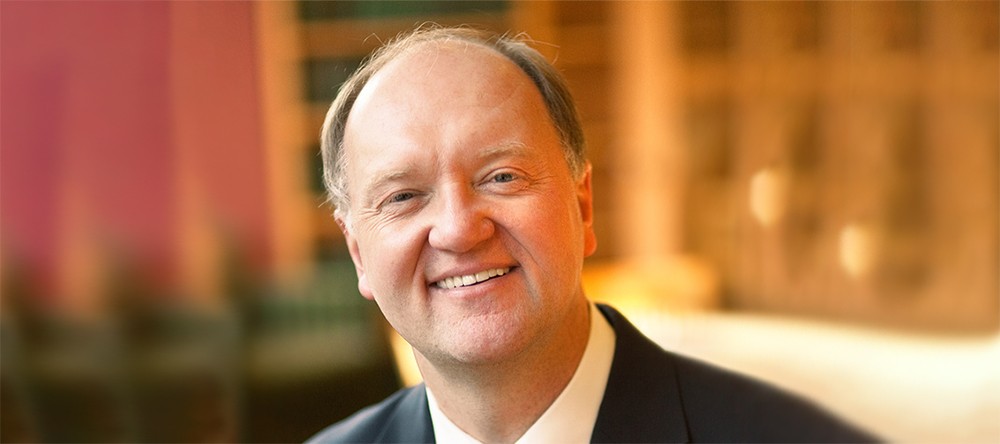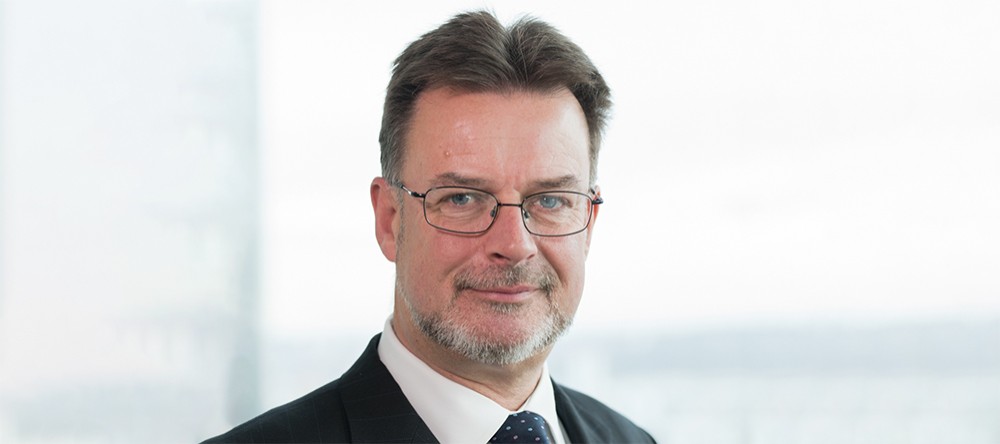Q&A with N. Muthukumar, Olam

N. Muthukumar is President and Group Chief Financial Officer at Olam
Why should CFOs be concerned about sustainability?
We all know that Finance matters, however, the need of the hour is to understand what a company’s ‘Financial Capital’ depends on. A smart and sustainable company is one which focuses not only on the Financial capital, but also on the supporting capitals – Natural, Social and Human capital. It is imperative for any resource intensive company to measure the externalities caused by its operations across the supply chain. It is not long before we see prices of commodities being revalued to incorporate their negative and positive externalities. The finance function can become the navigator for this change, if it systematically repositions itself.
We are seeing increased consumer pressure on companies to disclose their true value and this would require the CFOs to not only determine but also quantify the environmental or social consequences of commercial decisions. We foresee CFOs of the future leading the assessment of environment-related risks and identifying opportunities to reduce the same.
In addition to the above, the CFOs would need to lead the communication with investors on how they are accounting for sustainability and reporting on long-term value generated.
How can companies like Olam make a difference to mitigate climate change and the decline of ecosystems?
Olam like many other agri-business related companies is heavily dependent on natural resources. We understand the criticality of natural capital (stocks and flows) in our business operations and how changes in natural capital due to climate change can impact our operations. At Olam, we undertake meaningful measures to alleviate the underlying causes behind climate change – Greenhouse Gas (GHG) emissions being the most critical. Olam recognises that by reducing energy consumption, particularly the use of fossil fuels, we can limit our GHG emissions, vital in the effort to tackle climate change.
We are committed to aligning our goals with internationally agreed science-based targets which includes operating within Planetary Boundaries and reducing our contribution to 13% of GHG emissions contributed by farms globally.
At Olam, we aim to account for externalities arising from our operations and subsequently use the results to make informed decisions to lessen our impacts on ecosystems in which we operate. We believe by valuing our impact on ecosystem services, we will create awareness and understanding on true value of our operations.
Are there commercial opportunities for businesses in the food and agriculture sector to be found in sustainable business models?
Indeed. The world of food and agriculture is undergoing transformation.
In the current B2B environment, there is an increased demand for products which are manufactured using environmentally sustainable business practices. Therefore, by having products which are certified as sustainably produced, companies can gain a competitive edge in the market.
Sustainable business models are opening doors to new ways of doing business and are scalable. Addressing sustainability issues in your value chain brings new perspectives and widens your market and consumer base.
At last year’s A4S Summit HRH The Prince of Wales said, “All is not yet lost, but this really is the final call.” What gives you hope that the finance community can help to create a sustainable world and answer this final call?
Initiatives like A4S and TCFD have provided a common platform for CFOs to come together and reimagine the way they look at financial statements. The CFO’s role is no longer limited to overseeing financial capital but has expanded to also planning for other relevant capitals – natural, social and human. Investors are now being increasingly conscious about how companies are measuring and reporting their true value. Insurance providers are taking into account the climate change related risks. Every stakeholder within the finance community – investors, bankers, insurance providers – are realigning their objectives to incorporate the social and environmental impacts of businesses, this elevated sense of consciousness gives us hope.



